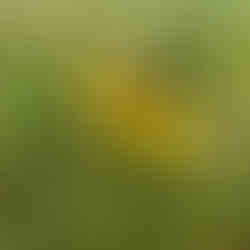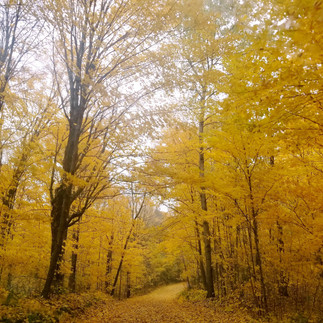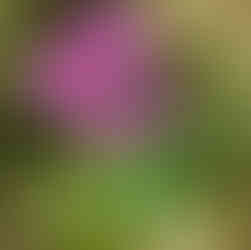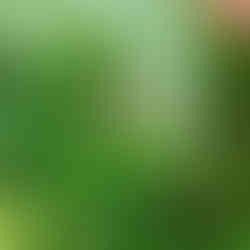Our Wisconsin Women in Conservation: Carissa Knab
- Kriss Marion

- Jul 17, 2021
- 2 min read
Updated: Jul 23, 2021

To celebrate Wisconsin Women in Conservation Week we're posting a series of profiles on some of our rock star conservation professionals. Today we're delighted to interview Carissa Knab, Central Wisconsin Farm Bill Biologist with Pheasants Forever. Carissa is also one of our all time-favorite prairie and wildlife photographers. She is presenting at our upcoming Summer Camp Lunch Zoom on Restoring Native Habitat, July 29 from noon to 1pm, and we're quite sure she'll have a gorgeous slide show. Here's a small sample of her work that we love:
Carissa grew up in in Wisconsin Rapids, and spent much of her childhood enjoying the outdoors through sports, family vacations, boating on the river, and ‘saving’ all the bees, butterflies, and frogs found around home. It was her love for animals that ultimately inspired her to pursue a career path in conservation and wildlife ecology. After receiving her bachelors from UW-Madison, she held various positions with the Wisconsin DNR. She assisted with chronic wasting disease monitoring and sampling efforts, oversaw the wildlife rehabilitation program, and conducted public and private land habitat management. In Fall of 2019, she came on board with Pheasants Forever where she assists private landowners in making their habitat goals a reality. In her free time, she enjoys tending a small vegetable garden, taking photos, hunting/fishing, and exploring new places with her husband and two dogs.

Carissa mixing up that valuable prairie seed mix in the field!
What's inspiring you these days, Carissa?
"I have a lot of favorite quotes, but one that I keep referring too recently is by Robin Wall Kimmerer: “Plants are also integral to reweaving the connection between land and people. A place becomes a home when it feeds you in body as well as spirit. To recreate a home, the plants must also return."
This quote resonates so well with me and I think really describes why women centered collaborations such as Wisconsin Women in Conservation, Women Caring for the Land, and Women on the Wing are so needed and important. These conservation minded women embody a deep desire to create a home for themselves and the friends and family that surround them. By connecting women through these unique programs, we can all share personal knowledge, resources, and energy to make management of our farms, backyards, and favorite outdoor spaces better for the land and ourselves."
In your opinion, what has the contribution of women conservationists been in Wisconsin, and why are they important to the future?
"Our history is rich with women landowners, farmers, biologists, hunters, and nature lovers who care deeply for the health of the land. However, this legacy of land stewardship has not been adequately recognized and women conservationists have been underrepresented. In many cases women prefer to learn about conservation from other women and this creates a more collaborative environment and inspires new ideas. Due to the many threats our soil, water, and wildlife face, these sort of collaborative efforts will be key in healing the land and ensuring a healthy future for everyone. Women are and will continue to be essential in these efforts."

















